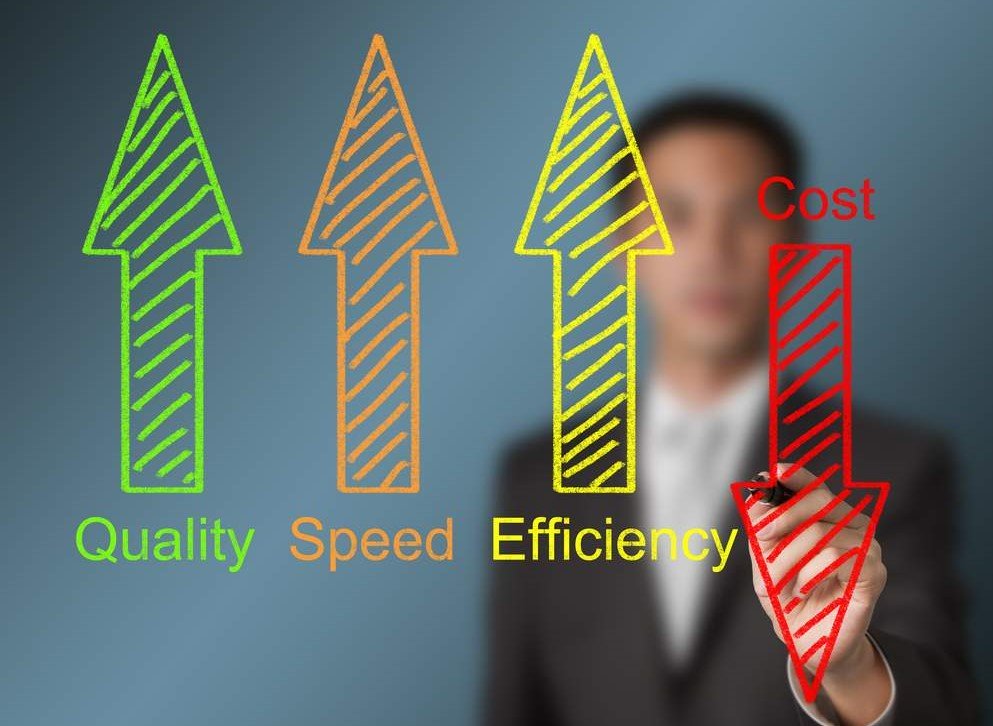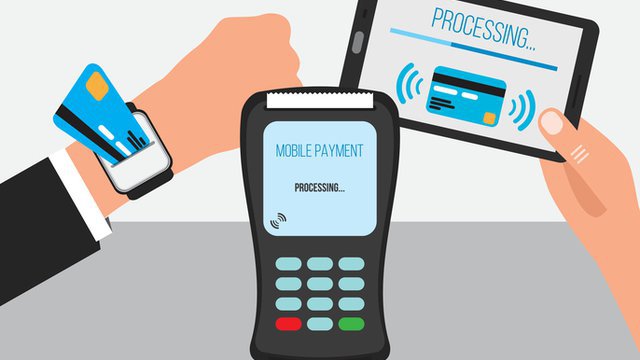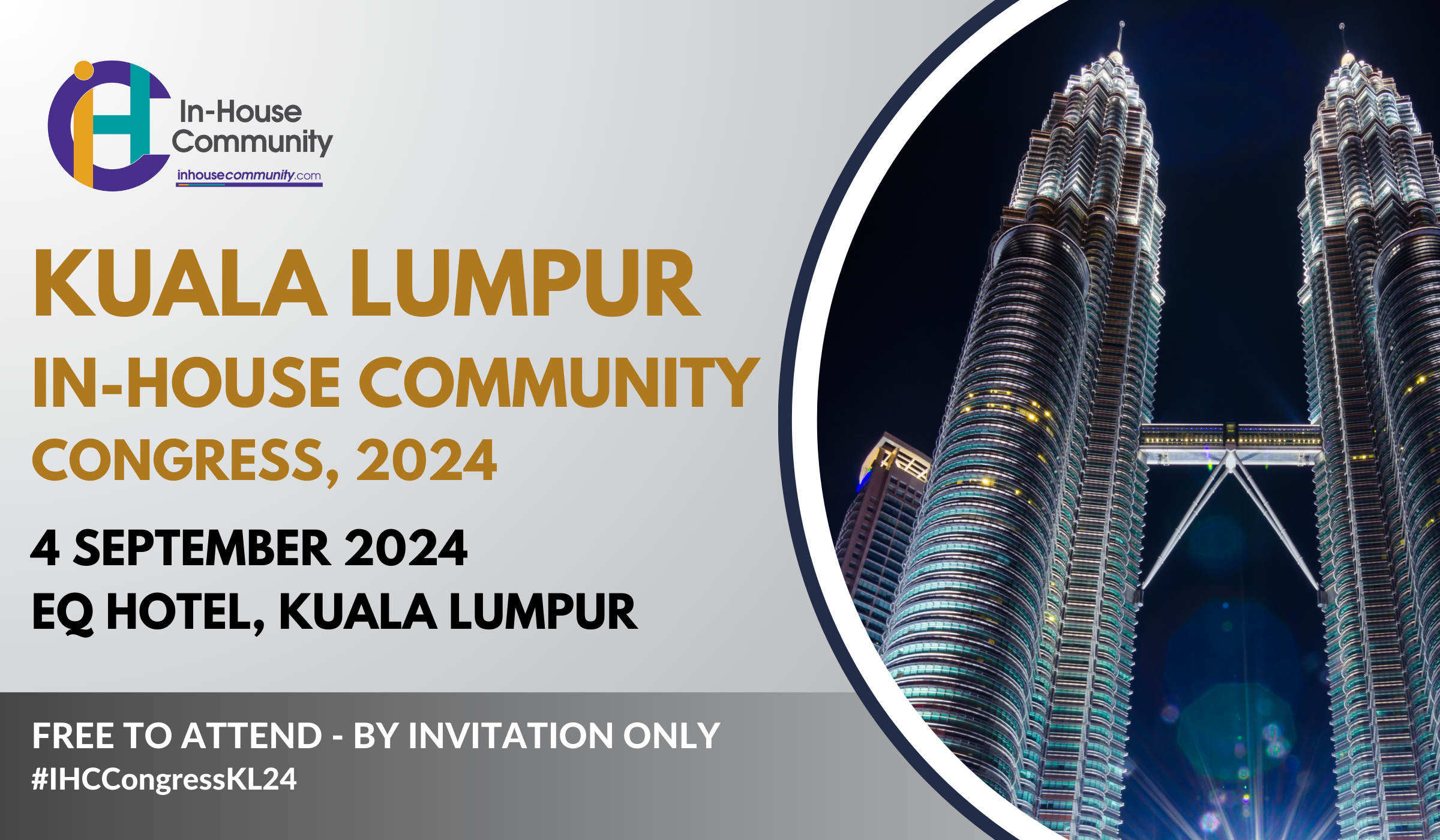By Estefania Altuve
Raise your hand if you feel like your life in the past weeks has been more disrupted than ever before? — I think it’s fair to say that regardless of our gender, nationality, background and even age group, we’re all raising our hands right now.
Covid-19 has spread around the globe not only endangering our health but also our financial, social, cultural and political stability. Humanity as a whole is feeling a collective vulnerability and a ‘reality check’ of enormous proportions that is forcing us to change how we work, how we socialise, how we communicate and stay connected, how we parent, how we learn and even how we entertain ourselves. It is also making us re-evaluate the tools we use, the way we lead and is bringing our truest values to the forefront.
There is a lot out there about how the pandemic is fast-tracking digital transformation, we are all seeing it in our internal operations but how can this crisis transform us as humans and impact our leadership style? Is this time to re-evaluate the way we think about leadership and even our own humanness?
I would like to think that whether we’re aware of it or not, we as people are starting to realise how deeply connected we truly are, and with an increasing wave of empathy we can start to see a different and more human way to think and lead, could there be good news after all?
This is a perfect time to open our minds to new ways and for that process to kick in it might be useful to vocalise some big questions, questions are more important than answers because they tend to open the mind! Here we go…
Vulnerability is an essential asset for innovation, how can we use it to impact the way we lead? — if you’ve read or heard about award winner and New York Times Best Seller Professor Brené Brown, you know about the myth of vulnerability equals weakness. As humans we inevitably feel vulnerable in uncertainty, and as Brené’s decades of research shows, there is an implicit correlation between vulnerability, creativity and courage. This means that right here, right now, as vulnerable as we are, it is the time to shake the pre-existing model around, test and trial new ways and leverage from a diverse team to come back stronger at the other end. With that in mind, are you encouraging your team to share new ideas? Mind mapping, brainstorming or having honest and open-hearted conversations about how the current state of affairs is transforming our old ways? This might be just what your team needs to stay motivated and it also might be just what you need to keep the team/organisation afloat.
Sharing values builds trust throughout a team — can you name the main core values you stand by and lead by?
Trust is built in small actions and it is the glue that keeps teams and organisations together. Our values are what drives our actions; in the presence of fear, insecurity and ambiguity we can forget what they are and when we do, our actions and outcomes are affected. Learning about the core values of your team members is essential to working together and so is sharing your core values. If we don’t have clarity of values, we forget why we are here and what brought us here in the first place. If you can translate values from ideas into behaviours for you and model them for the people you lead, you’ll see trust strengthen and even purpose reinforced.
Real communication despite of real physical disconnection — can you build stronger connections with your team and internal/external clients in a “Social Distancing” environment?
Beyond staying in touch with teams, co-workers and using video conferencing tools, are we connecting effectively? This is a question we’re asking ourselves internally, how can our communications (internal and external) reflect what we feel in this particular time. I use the ‘turbulence analogy’ quite a lot and I find it is crucial for me and my team as we navigate the unprecedented territory. Think of the last time you were on a plane, it is likely that the pilot announced the weather conditions before taking off, the flight plan and the estimated time of arrival. She asked you to buckle your seat belt if the turbulence light was on and refrain from getting up from your seat. She also said that the flight attendants would interrupt service during the turbulence. As a result, when the flight got bumpy you trusted the pilot was working on altitude and that soon the flight would feel steady again, even when turbulence is uncomfortable and scary, the pilot communicated effectively so you know to hold on tight and trust the process. On the contrary, if the pilot had said nothing or even worse, if she’d said to expect a quiet and uneventful flight, what would your reaction be to the heavy turbulence and absence of flight attendants? — let’s never underestimate the power of honesty and empathy in our communications, they are key to connecting with the people we lead.
This race will come to an end, I suspect this one will be more of a marathon long than a sprint and there will be sweat, tears and pain but also community, collaboration, achievement and transformation. I find myself questioning a lot of my concepts at the moment, are these useful for me and my team? Do I still want to believe in this other one? What is the purpose of this one over here?… I would like to invite you to ask yourselves, when we get to the finish line, what kind of leaders do we want to be?

































 Titus Rahiri
Titus Rahiri







